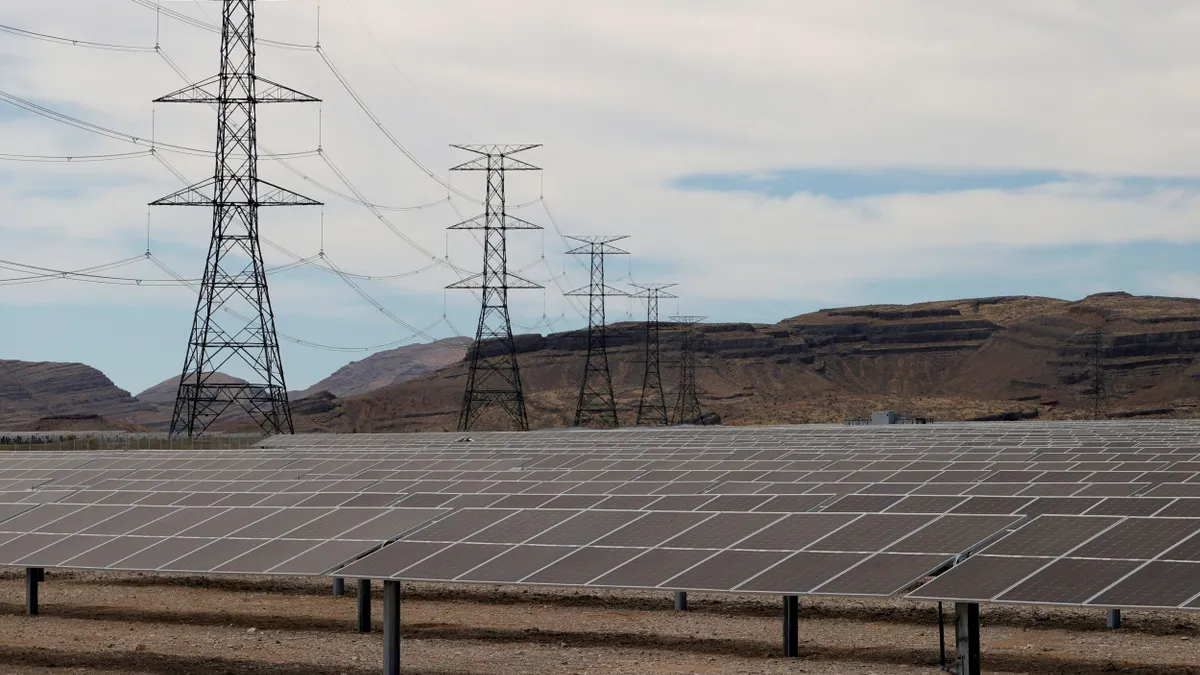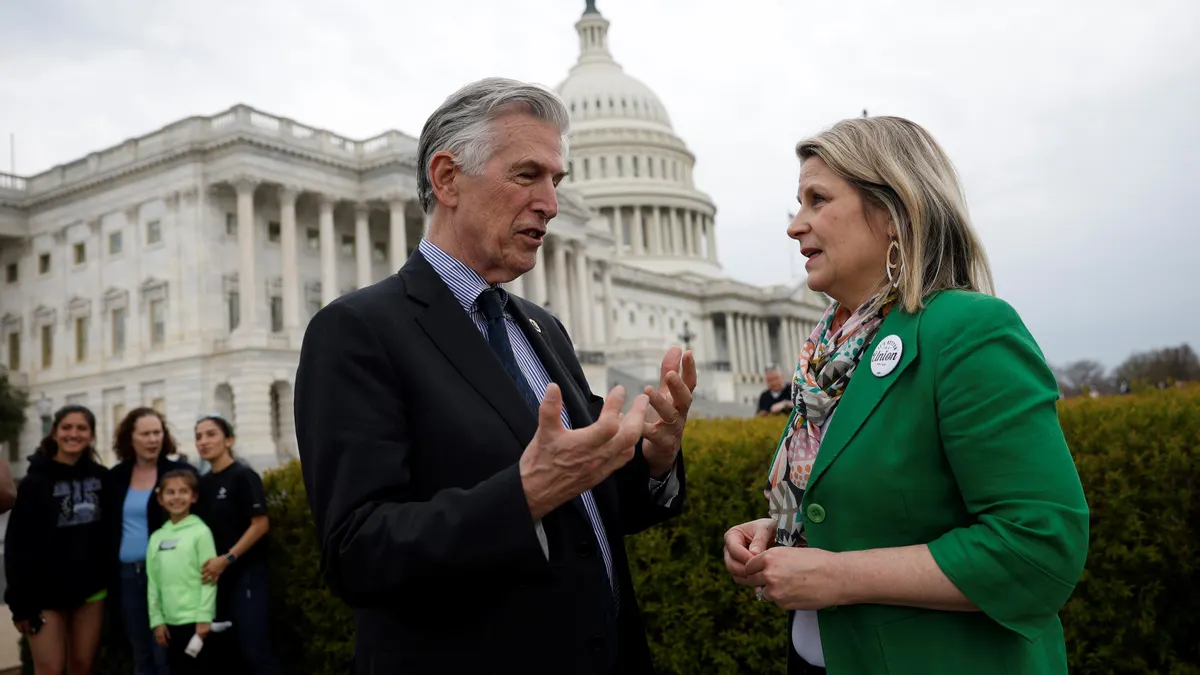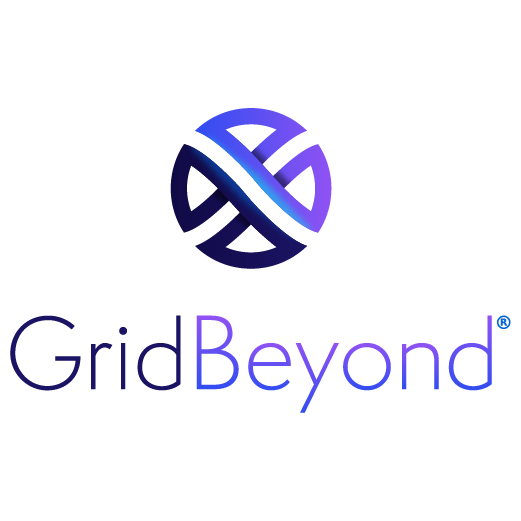The first half of 2016 has been eventful for Exelon.
This spring, the company became the largest electric utility in the country when it acquired Pepco Holdings Inc. (PHI), the power provider for Washington D.C. and parts of Maryland, Delaware and New Jersey.
Though still subject to residual regulatory hearings, the deal gave Exelon more than 8.5 million electric customers from Illinois to the eastern seaboard, adding to a portfolio of regulated utilities that includes Commonwealth Edison, Baltimore Gas & Electric, and PECO, the power providers for Chicago, Baltimore and Philadelphia, respectively.
The merger was a hard won victory for the company. Securing approval from the necessary regulatory bodies took Exelon two years, with the D.C. Public Service Commission rejecting the deal twice before an amended version of a settlement reached with Mayor Muriel Bowser (D) was finally approved March 23.
“Our strategy is to continue to invest and optimize the grid and the customer experience,” Exelon CEO Chris Crane told Utility Dive during an interview at EEI's annual convention. “Having the PHI merger close and starting that integration is a big step forward on that strategy.”
The good news for Exelon’s regulated business, however, was offset by a major setback for its competitive generation business, which includes the nation’s largest nuclear fleet.
Last month, Exelon announced it would close the Clinton and Quad Cities nuclear plants in Illinois after a legislative package crafted to support them failed to win approval from state lawmakers. The plants have lost a combined $800 million in the last seven years, Exelon says, as low natural gas prices and energy efficiency measures push wholesale electricity prices down.
“In Illinois, unfortunately time has run out on us, and we've been talking to the state for over three years about the losses we're incurring at Clinton and Quad Cities,” Crane said. “We had told our shareholders give us time, let us work on this, but after three years we're not making any progress so unfortunately we're having to take the steps to proceed with an early shutdown and retirement of those units.”
Exelon has long held that the nation’s organized electricity markets — particularly PJM, which houses the bulk of its nuclear fleet — do not properly value the carbon-free baseload generation nuclear plants provide. In Illinois, Exelon’s bill would have provided payments to the plants to keep them operating, while also enabling new rate structures and grid modernization projects for ComEd, Exelon’s Chicago utility.
Despite the setback in the Land of Lincoln, Crane told Utility Dive the power sector can expect his company to push those themes in state legislatures and regulatory dockets across its service territories in the rest of the year and beyond.
The regulated business: Expansion and modernization
If Exelon’s generation portfolio represents the risk in its business, regulated utilities are the hedge.
In 2014, when Exelon first announced plans to buy Pepco, Crain’s Chicago pointed out that the deal would allow the company to finance its entire dividend payment solely from revenues from its regulated utilities — not a small benefit for a company that cut its dividend 41% the year before.
But while steady revenues from 2.5 million new Pepco customers certainly help balance the books, Crane said the company would have been financially healthy without the deal.
“We were fine on our own,” he said. “We would be investing $18 billion in [our other utilities] over the next five years, but the opportunity to optimize and continue to grow scale by bringing PHI utilities into the Exelon family we think was a win-win for customers shareholders and, at the end of the day, a solid investment.”
While positive for Exelon, the merger proposal generated significant opposition in D.C., where critics worried that customers would be on the hook for the risk in Exelon’s nuclear fleet and that city regulators would have trouble controlling such a large, multi-state utility. The result was a merger docket that went on for nearly two years, something for which Crane took full responsibility.
“We as a company own the failure in the process or the delay in the process,” he said. “We had an opportunity to tell our story and we let the story be told by others.”
Crane said that many of the concerns voiced by merger critics were “factually incorrect,” such as the worries over District customers subsidizing nuclear generation. And he dismissed concerns raised by PSC Chairman Betty Ann Kane — the lone dissenting voice in the 2-1 vote to approve the merger — that Pepco could favor other Exelon subsidiaries for power or development contracts.
“If we were to abuse and have affiliate transactions or affiliate advantages, we'd be breaking the law,” he said. “We don't break the law and we had to stress that over and over again.”
While Kane told Utility Dive after the merger decision that regulators would need to exercise “eternal vigilance” to ensure fair business dealings between Exelon’s multiple businesses, Crane said a number of jurisdictions have to handle regulatory oversight of utility holding companies with multiple businesses.
“The competitive integrated model is more of the standard model in the deregulated markets,” he said. “It is not rare for a holding company in a competitive market to have a gen unit and then to have a utility unit, but we live by the law and we would [not abuse that relationship].”
“We do not procure the power for customers in D.C.,” he added. “There is nobody at Pepco that's going to advantage Exelon — that's an open bidding process and it's won by the lowest price. We're not going to come in and try to do anything, and we haven't in any one of our other jurisdictions, that advantages one over the other. It is illegal, it's not going to happen, and I understand the concern.”
While the deal could still face legal appeals, Crane said the company is eager to prove to customers and regulators that it can live up to its promises of a modernized grid and improved reliability. In Chicago, ComEd included a slate of ratemaking and grid modernization reforms in the Illinois energy bill with Exelon, including a proposal for residential demand charges, new revenue models for efficiency investments and authorization to build microgrids for critical infrastructure.
While the specific reforms will depend on the preference of the jurisdiction, Crane said customers of Exelon utilities in D.C. and elsewhere can expect more proposals along those lines as more state regulators consider grid modernization and ratemaking dockets.
“Exelon utilities are doing a lot of work in research and development of plans that can better serve the customer by utilizing the tech that's becoming available,” he said. “We would offer those suggestions in the process in D.C., in Pennsylvania, any of the jurisdictions we operate in, and it would be the jurisdiction that would make the decision about which way they want to go.”
The generation business: A growing push for policy reforms
The version of Exelon’s Next Generation Energy Plan that failed to pass the Illinois legislature this year is actually a compilation of three bills.
Last year, the company tried to push through a green jobs bill focused on efficiency and reforms to the state’s RPS, another on ratemaking and grid modernization for ComEd, and a third to support the ailing nuclear plants. None passed.
Deep into this legislative session, Crane said legislative leaders suggested a strategy change. Instead of pushing through the three separate bills, they would be combined in hopes that enough lawmakers would find something to like in the bill.
“Instead of warring factions coming into Springfield, it's a much more cohesive … approach going forward,” he said.
But whether or not a coalition could have been brought to bear to pass the bill, Crane said it was never on top of the legislative priority list. Lawmakers adjourned their regular session last month without even passing a budget, and the leadership has now called for special summer sessions to address the issue. With the state budget sucking the oxygen out of the capital, Crane said a finalized version of the Exelon bill has yet to even be drafted.
“The bill is not fully ready to move yet, but it's very close,” he said. “If we could start the hearing process and have the House and Senate take the bills up then we could finalize that.”
Failure to pass the bill this year means that two Exelon plants are going offline, Crane said, and those decisions are final. But the legislation will still matter for other facilities.
“The legislation that is still in play is important because there are other units in this state and we need to ensure the market is designed properly,” he said. “So we'll continue to fight.”
That focus on market design has been a theme for Exelon in the past few years — one that many of its fellow utilities are starting to embrace.
In general, Crane said Exelon’s preference is for market structures that encourage certain outcomes, rather than incentivizing particular technologies. So if the goal is decarbonization, a price on carbon would be preferred to tax breaks for renewable resources.
At present, Exelon believes organized electricity markets do not value its nuclear generation properly. While extensions of crucial federal tax incentives for wind and solar continue to support their deployment, the absence of a price on carbon in most jurisdictions means nuclear plants receive no similar electric market subsidy for their reliable, carbon-free generation.
As low natural gas prices and stagnant electric growth have pushed prices lower in wholesale markets like PJM, nuclear plants, with their higher fixed costs, have found it difficult to compete. If more of them meet the same fate as Clinton and Quad Cities, backers say their generation would likely be replaced by gas, at least in part, boosting emissions and threatening carbon goals.
“The technology today is not advanced to the point that we can depend on renewables for the full implementation of the Clean Power Plan,” Crane said. “The example of that: 60% of the gen in Illinois right now is carbon free, 90% of that is nuclear. [If] we take the nuclear plants out of the stack, we're not going to be able to implement the CPP.”
Commonly referred to as a subsidy, Crane said the Illinois proposal is better thought of as a price on carbon, since it would apply to all zero carbon resources. It’s a policy proposal Exelon has also pushed as a compliance tool for the Clean Power Plan, encouraging the EPA to embrace a compliance model that includes carbon adder prices in organized electricity markets.
“We're not asking for a nuclear subsidy, we're asking for a carbon [fee],” Crane said, “and if our plants can’t compete with that low carbon standard and be economic, then they don’t need to run.”
While the bill is stalled in Illinois, Crane said Exelon is having more success in New York, where regulators have proposed that utilities source 15.7% of their electricity from upstate nuclear plants in an effort to keep them online.
“Essentially it allows us to recover our costs, it allows us to charge for a small risk premium ... but the pricing mechanism has a cap on it also, so if market prices come up the value of that clean energy credit goes down,” he said. “We're hoping in the July timeframe we can have a resolution that adequately compensates the nuclear units for their carbon free generation. The goal of the governor is to be 50% carbon free by 2030, I believe is the date, and he recognizes he cannot do that without the existing upstate nuclear fleet.”
While stopping short of calls for a carbon price, a number of other utilities at the EEI annual convention joined Exelon in calling for changes in treatment for baseload generation in organized markets. If too many large coal and nuclear plants go offline, they argue, states may become over-reliant on natural gas generation, putting them at risk for price volatility and supply interruptions.
Those utilities, such as AEP and DTE, are unlikely to embrace Crane’s carbon tax ideas, as they still own significant coal generation that would be further disadvantaged by such a policy. But going forward, Crane says Exelon will continue to push a price on carbon both in states and as a tool for interstate Clean Power Plan compliance.
“We believe the most efficient way to run a market and get to the state we want in the low carbon future is to put a price on carbon,” he said. “It only makes sense.”





















